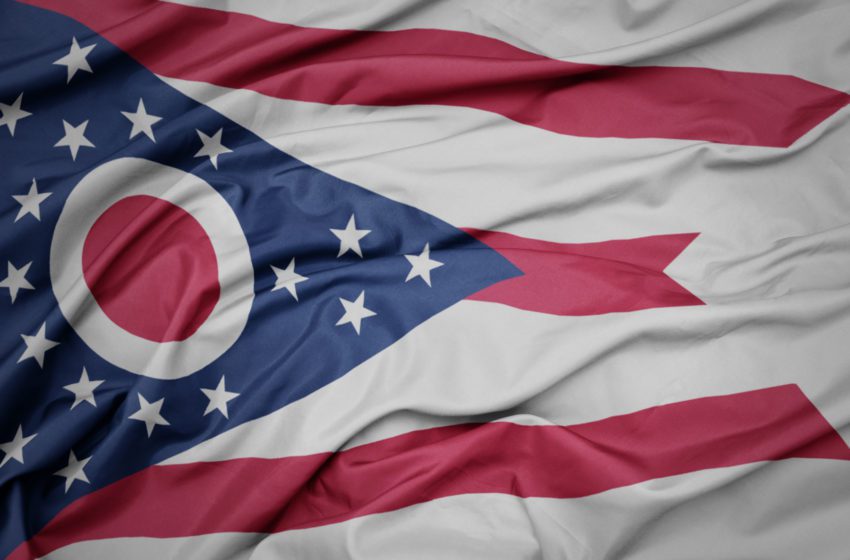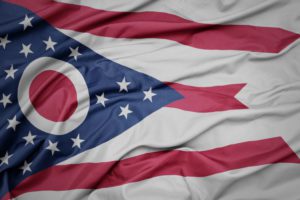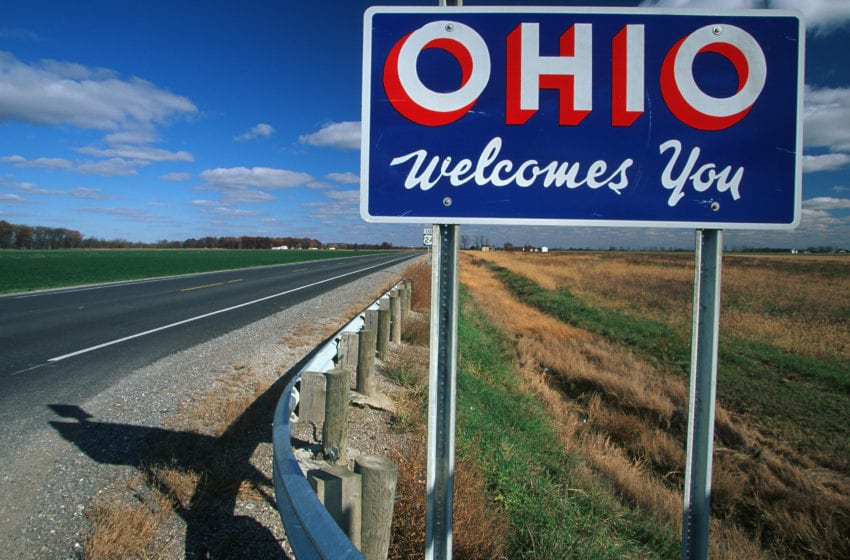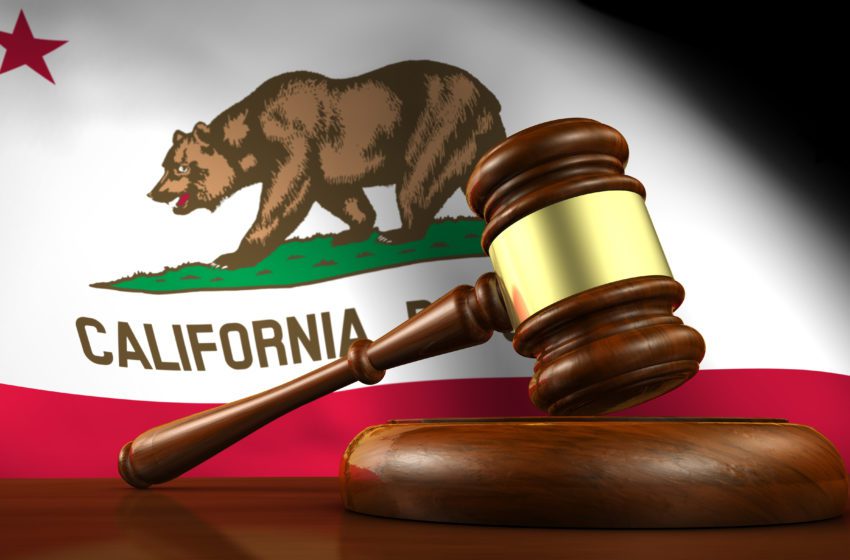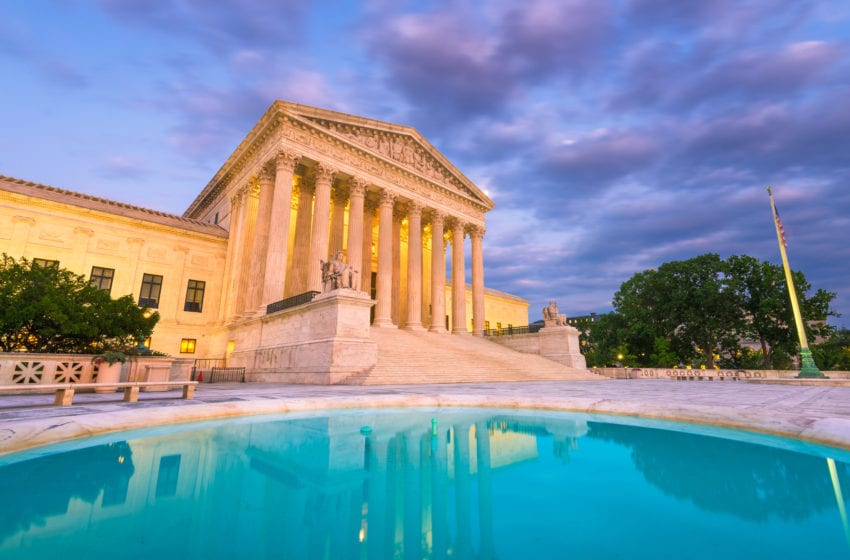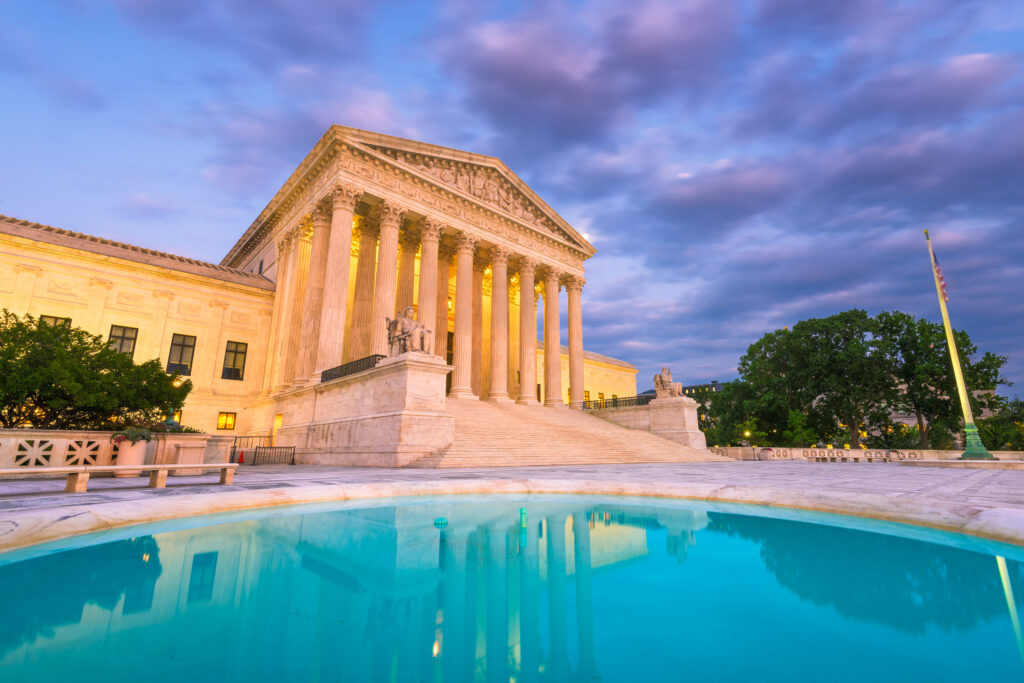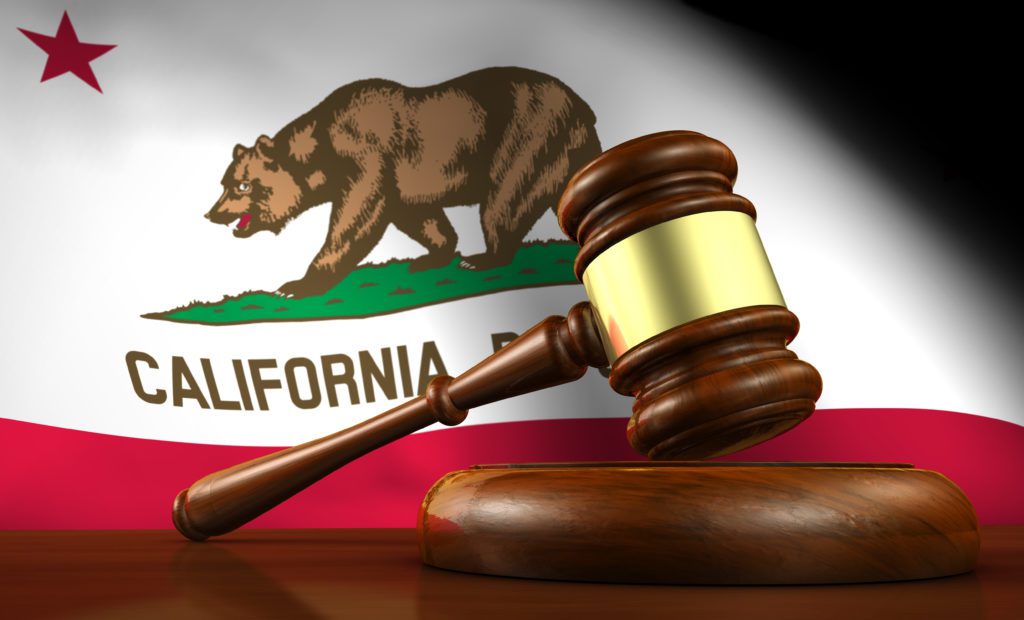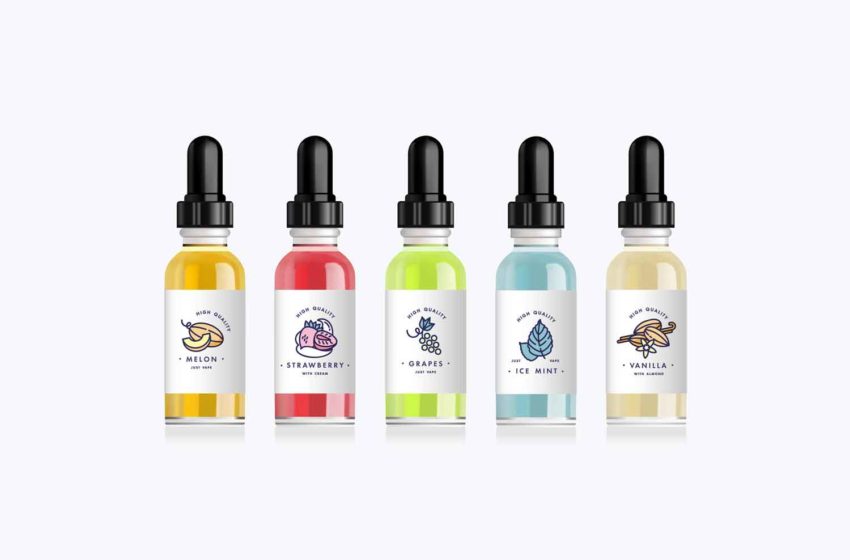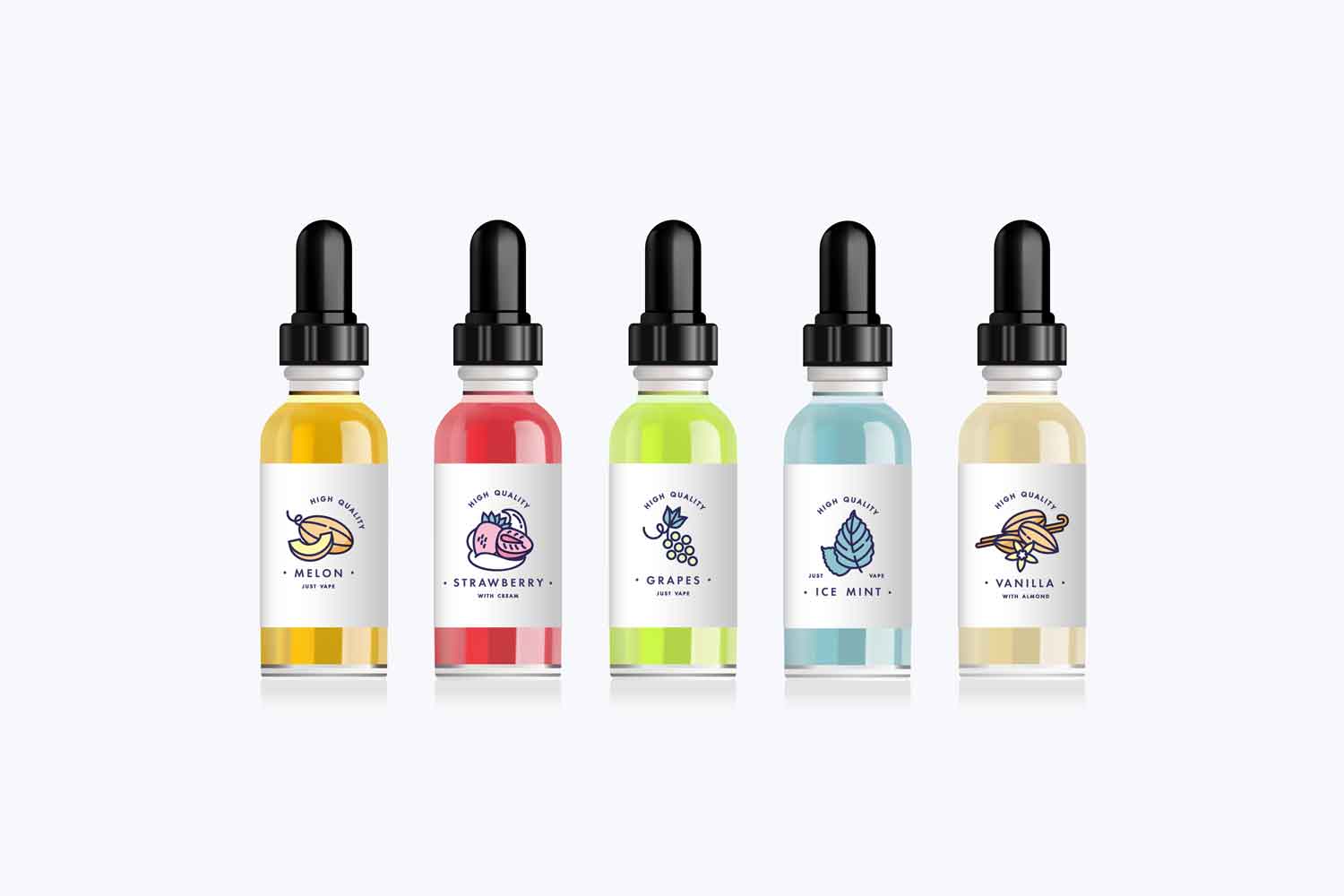After rooting out ENDS flavors, regulators may turn their attention to flavor names.
By Neil McKeganey
In the world of illegal drugs, there are few substances that have become popular as quickly as 3,4-Methylenedioxymethamphetamine. If you are wondering what that awkwardly named substance is, you will almost certainly recognize it by its street name, Ecstasy. In advance of its marketing, the drug developers thought about calling it Empathy but decided on Ecstasy instead—who, after all, could turn down the opportunity of experiencing “ecstasy”? And so it proved with a drug that sold in the millions in countries around the globe. That anecdote tells you something that every marketing person worth his or her salt knows all too well: names matter. Indeed, when it comes to driving consumers to your product, names may matter more than the substance itself.
In recent years, the vaping world has seen the heavy hand of regulatory intervention focused on limiting the range of flavors that can be legally sold. Senior health officials, sections of the media, lobbyists, parent groups and others have forcefully argued for banning “kid-appealing flavors.” Restrictions on flavors, though, have gone well beyond the flavors that are seen to be appealing to vulnerable groups.
Out of some 1.6 million products for which premarket tobacco product marketing authorizations have been sought in the U.S., not a single flavor has been approved. Recent pronouncements from Brian King, head of the Food and Drug Administration’s Center for Tobacco Products, suggest that menthol is now in the regulatory agency’s crosshairs. In the face of such expanding regulatory action, it is by no means a stretch of the imagination to ponder a world in which only a single electronic nicotine-delivery system (ENDS) flavor—tobacco—remains, bringing vaping products that much closer to combustibles and in the process almost certainly weakening their capacity to offer a route out of smoking.
In a mono-flavored ENDS world, flavor names may become the new fertile terrain—promising consumers a realm of limitless variations in taste that, like the world of expensive Hi-Fi, where differences in quality are barely discernible, nevertheless draw in consumers seeking particular sensorial and taste experience.
With the removal of flavors from the market, next in line may be flavor names, with regulators galvanized by the belief that it is the names more than the flavors that are driving consumers to these products. In that event, it will become increasingly important for manufacturers to be able to present regulators with evidence that their specific-named tobacco-flavored products are not attracting young people and that those named flavors are assisting adults in quitting smoking.
If anyone is inclined to think that this is an unlikely scenario, it is worth remembering that regulatory authorities within the U.S. already involve themselves in determining what words can and cannot be used when referring to tobacco products. Some states already ban the use of food terms when referring to tobacco products, and the Family Smoking Prevention and Tobacco Control Act bans words like mild, light and ultra-light when referring to tobacco products. In the face of such regulatory restrictions, companies replaced the names mild, light and ultra-light with terms such as gold, silver and blue. Research undertaken by Gregory Connolly and Hillel Alpert and published in Tobacco Control in 2014 showed that even in the face of such name-switching, smokers were still able to identify their preferred product.
Within the world of ENDS, some e-liquid manufacturers have already chosen to move away from taste-based flavor names. Bidi Vapor, for example, uses product names such as Winter, Summer, Dawn and Marigold in describing its product range. Years before Bidi opted to anonymize the taste experience in its product names, e-liquid manufacturer Five Pawns opted to use words derived from chess, like Gambit and Grandmaster, to name its products. These are names that convey nothing about the taste or sensorial experience.
In time, there may be a push from the anti-e-cigarette lobby to reduce the variety of tobacco flavor names even further, requiring manufacturers to differentiate their products by numbers alone. Seems unlikely? Probably not for those who remember Players No. 6, No. 10 and No. 555. Flavor names may be the next item on the regulatory hit list.



